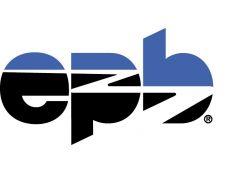Tennessee Bill to Encourage Economic Development Killed by Telco Lobbyists
As we continue to report on depressing campaigns to deny people fast, affordable, and reliable access to the Internet (as Time Warner Cable is doing in North Carolina), we are also making an attempt to highlight good legislation (as we recently did in Washington state). In that spirit, we turn to HB 2076 / SB 1847 in Tennessee
From the bill summary:
 Harold DePriest recognized the power of AT&T and Comcast in the Legislature, but vowed not to give up.
Harold DePriest recognized the power of AT&T and Comcast in the Legislature, but vowed not to give up.
This bill urges all municipalities to endeavor to utilize advanced broadband systems in their operations and to encourage the construction of advanced broadband systems.The full bill is available here [pdf] but the most interesting part is what was not included. As reported by Andy Sher of the Times Free Press, the bill was intended to go much further.
The bill would have let the municipal utilities extend service up to 30 miles outside their service areas.Unfortunately, the powerful incumbent lobbying machine (including AT&T, Comcast, and others who already hate having to compete with technologically superior networks in several Tennessee communities) killed the bill, a blow to the future of economic development in the state. Neighbors of Chattanooga, including Bradley County, desperately want access to the impressive 1Gbps network Chattanooga built -- the most advanced citywide network in the country.
 Harold DePriest recognized the power of AT&T and Comcast in the Legislature, but vowed not to give up.
Harold DePriest recognized the power of AT&T and Comcast in the Legislature, but vowed not to give up.
“Well, we would like to see the bill pass, but I think Gerald was dealing with the reality of the difficulty of moving the bill through the committee at this point in time,” he said Friday. “We will be back.



